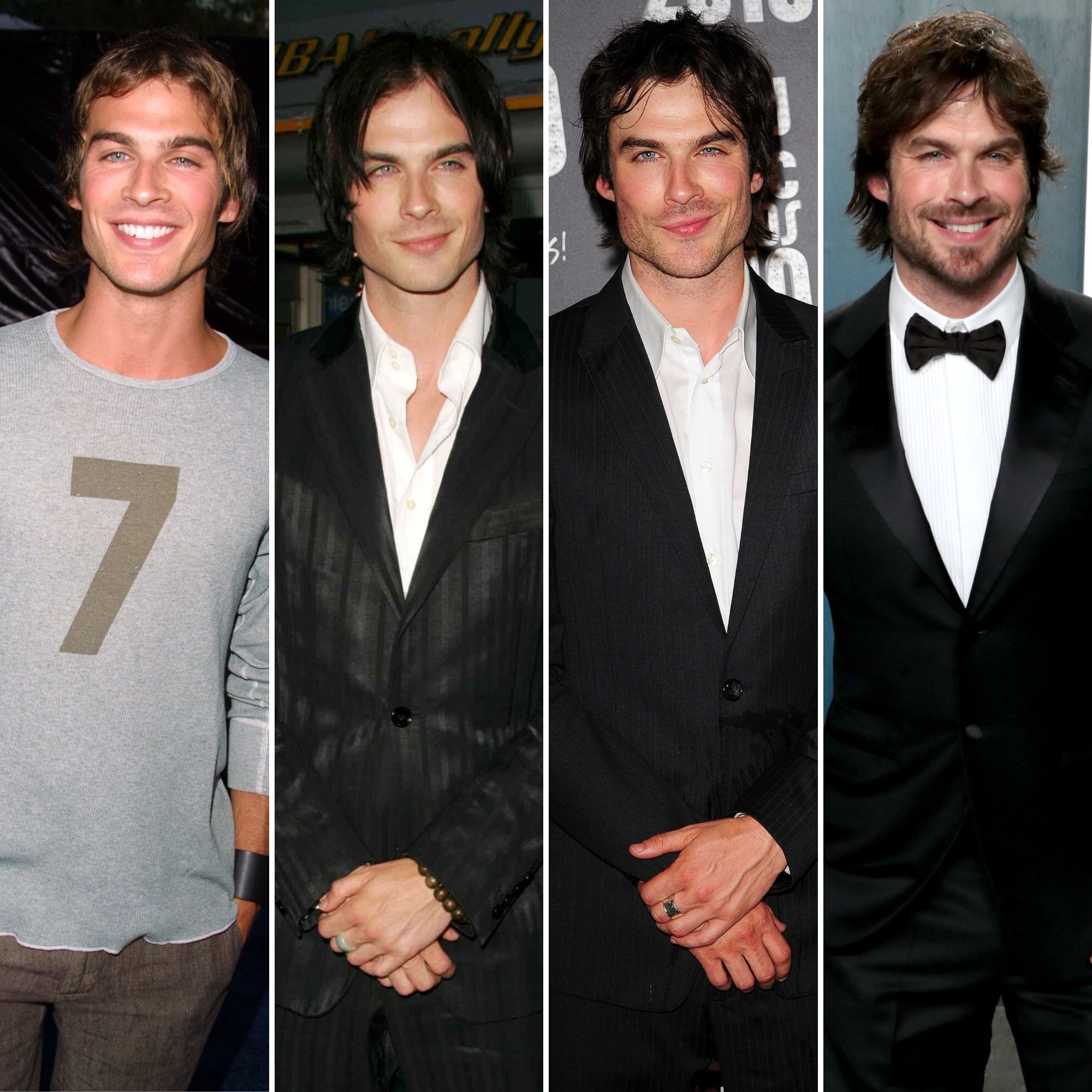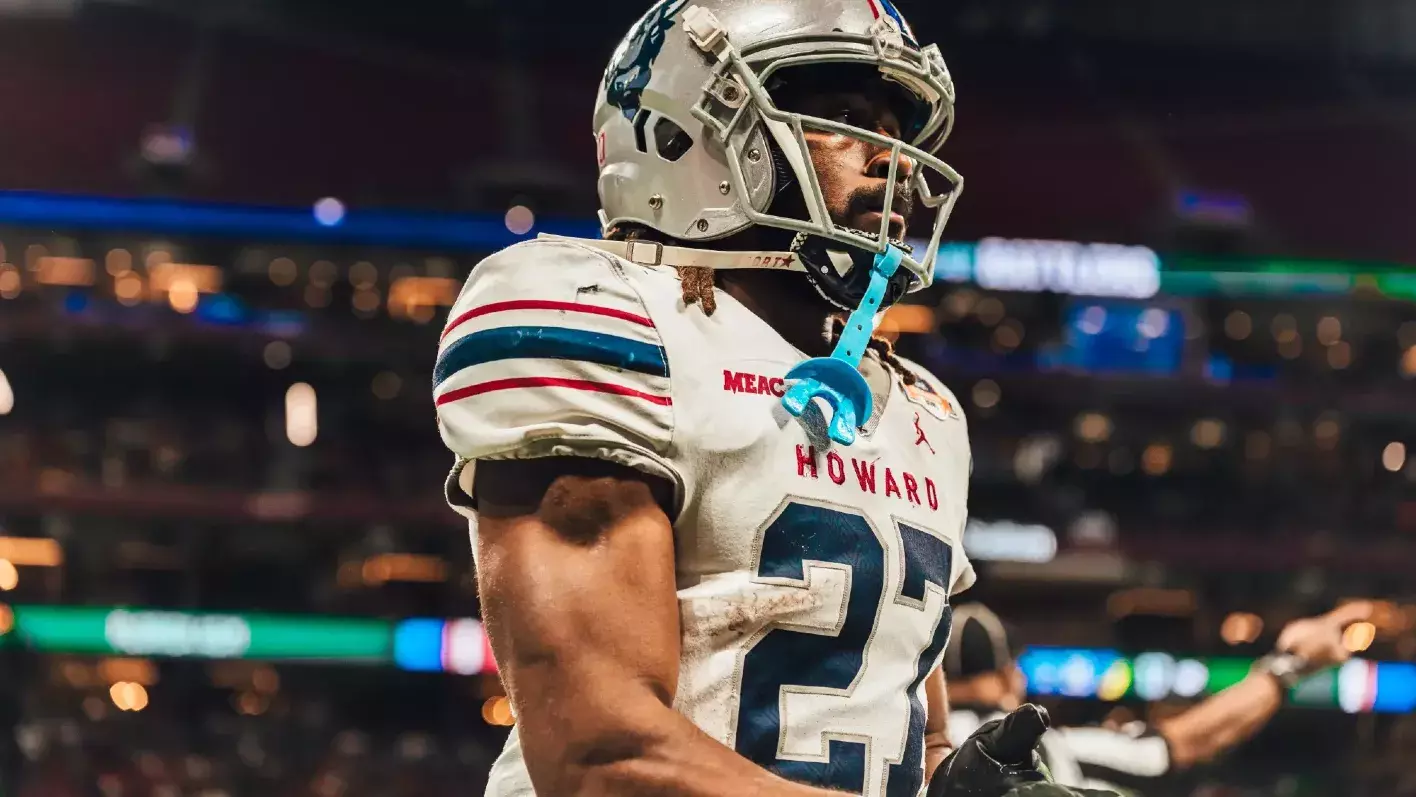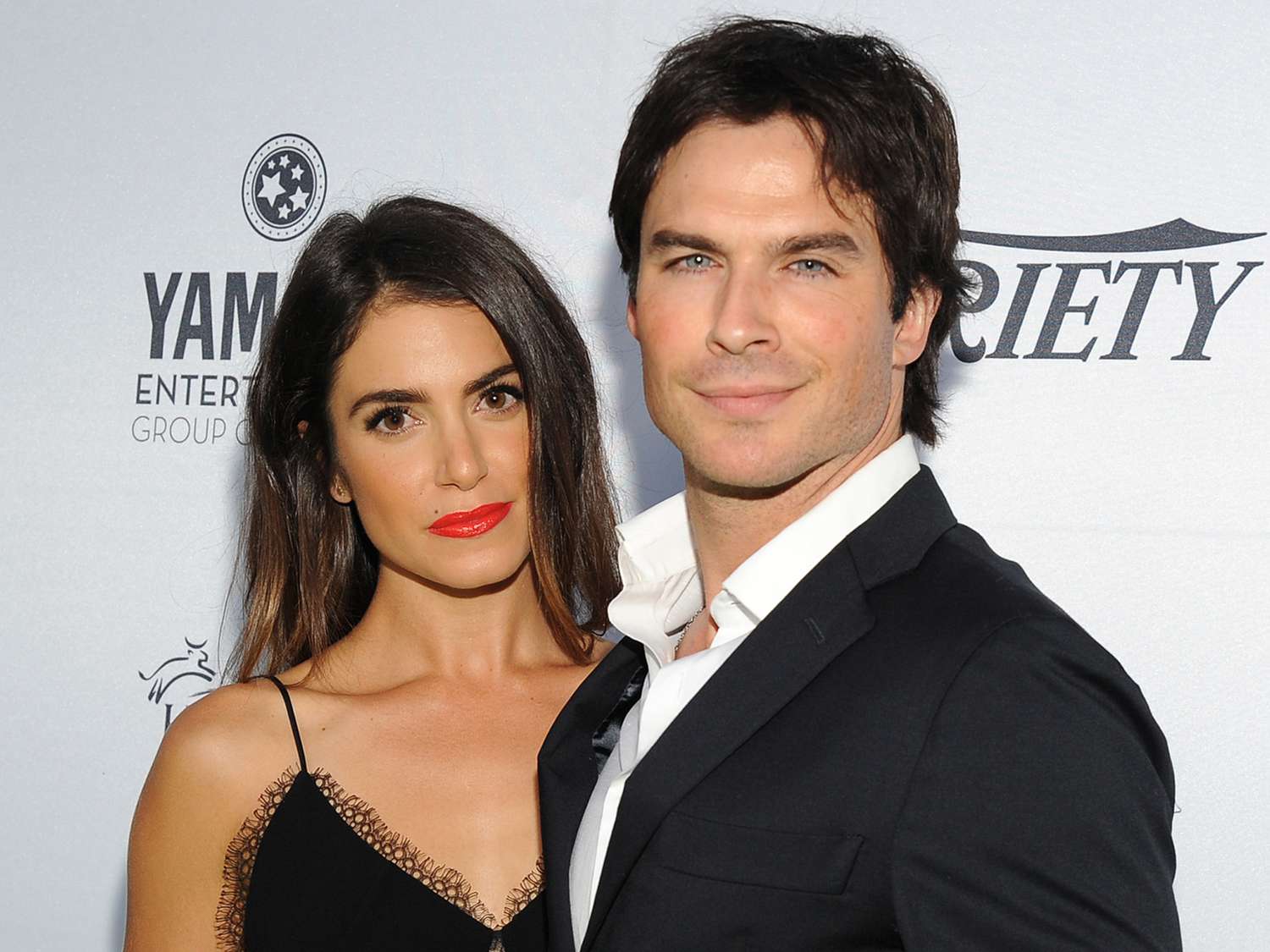Ian McKellen And The Timeless Echo Of Godot
There's something truly special, you know, about seeing a legendary actor take on a play that's just as legendary. When we talk about Sir Ian McKellen stepping onto the stage for Samuel Beckett's *Waiting for Godot*, it's almost like a moment carved out of theatre history itself. This particular production, featuring McKellen alongside his long-time friend and fellow acting giant Patrick Stewart, certainly captured the imaginations of so many theatre lovers. It wasn't just a play; it was, in a way, an event that people still talk about quite a lot, even now.
The play itself, *Waiting for Godot*, is a cornerstone of what people call the Theatre of the Absurd. It's a piece that has puzzled, delighted, and provoked audiences for decades, making them think deeply about life's bigger questions, or perhaps, the lack thereof. So, when you bring an actor with the immense talent and stage presence of Ian McKellen into that mix, you get something that really makes you sit up and pay attention, something that truly resonates.
This article aims to shine a light on why the combination of ian mckellen godot became such a significant cultural touchstone. We'll look at the actor himself, the profound nature of the play, and what made their specific collaboration so memorable. It's an exploration of how a master performer can breathe fresh life into a classic, making it feel, you know, very current and deeply human.
- Joaquin Phoenix Gwyneth Paltrow
- Morgan Freeman Unforgiven
- Denzel Washington Closing Door Gif
- Christian Bale Give Me Your Shoes
- Ryan Reynolds Movies
Table of Contents
- Ian McKellen: A Brief Look at a Legend
- The Enduring Power of *Waiting for Godot*
- Ian McKellen's Vladimir: A Masterclass in Performance
- The Iconic Partnership: McKellen and Stewart
- Why Ian McKellen Godot Still Resonates Today
- Behind the Scenes and Beyond the Stage
- Frequently Asked Questions
- Conclusion
Ian McKellen: A Brief Look at a Legend
Sir Ian Murray McKellen, born in Burnley, Lancashire, England, is truly one of those actors who has left an indelible mark on both stage and screen. He's been recognized with, like, pretty much every major acting award you can think of, from Tony Awards for his theatre work to Golden Globes and Oscar nominations for his films. His career, you know, spans decades, showing a remarkable range from Shakespearean tragedies to blockbuster fantasy epics.
He's played iconic roles like Gandalf in *The Lord of the Rings* and Magneto in the *X-Men* series, bringing a certain gravitas and depth to characters that really stick with you. But it's on the stage where many feel his true brilliance shines brightest. He has a way of inhabiting characters that makes them feel, well, very real and complex. This background, actually, makes his turn as Vladimir in *Waiting for Godot* all the more fascinating, as it taps into his profound understanding of human nature and theatrical timing.
Personal Details & Bio Data of Ian McKellen
| Full Name | Sir Ian Murray McKellen |
| Born | May 25, 1939 (currently 85 years old as of 2024) |
| Birthplace | Burnley, Lancashire, England |
| Occupation | Actor |
| Years Active | 1961–present |
| Notable Roles | Gandalf (The Lord of the Rings), Magneto (X-Men), Richard III, King Lear, Vladimir (Waiting for Godot) |
| Awards | Tony Award, Olivier Awards, Golden Globe Award, Screen Actors Guild Awards, British Academy Film Award, and many more. |
| Knighthood | Knight Bachelor for services to the performing arts (1991) |
The Enduring Power of *Waiting for Godot*
*Waiting for Godot*, written by Samuel Beckett, premiered in 1953 and, like, immediately changed the face of modern theatre. It's a play where, basically, not much happens. Two tramps, Vladimir (Didi) and Estragon (Gogo), wait by a tree for a mysterious figure named Godot, who never arrives. They fill their time with repetitive conversations, arguments, and interactions with other strange characters, Pozzo and Lucky. This seemingly simple premise, you know, hides layers of meaning, or perhaps, the absence of it.
- Patrick Stewart Appearances 2025
- Morgan Freeman Left Hand Amputated
- Brad Pitt Ex
- Brad Pitt Meet Joe Black
- Mark Ruffalo As Hulk
The play explores themes of existence, purpose, time, and the human condition. It's often seen as a reflection on the absurdity of life, the search for meaning in a meaningless world, and the ways people cope with boredom and uncertainty. Audiences are left to ponder what Godot represents, or if he represents anything at all. It's a piece that, very honestly, invites a lot of different interpretations, making it endlessly fascinating for both performers and viewers.
Its structure and dialogue are quite unique, breaking away from traditional narrative forms. The language is spare, often repetitive, yet it carries a surprising amount of emotional weight and, actually, a good deal of dark humor. This makes it a formidable challenge for any actor, requiring a deep understanding of rhythm, timing, and the unspoken subtext. It's a play that, in some respects, demands a lot from its cast, which is why a performer like McKellen is such a perfect fit.
Ian McKellen's Vladimir: A Masterclass in Performance
When Ian McKellen took on the role of Vladimir, he brought his extensive experience and, you know, his unique interpretive skills to a character that is, arguably, the more thoughtful and hopeful of the two tramps. Vladimir is the one who remembers things, who tries to keep track of their endless waiting, and who often grapples with the existential weight of their situation. McKellen's portrayal was, basically, full of nuance, showing Vladimir's weariness, his flashes of hope, and his deep, if sometimes exasperated, affection for Estragon.
His performance was praised for its balance of pathos and comedy. He found the humor in the repetitive actions and the seemingly nonsensical dialogue, but also conveyed the underlying sadness and desperation of a man trapped in an endless cycle. It was, in a way, a masterclass in physical comedy too, with precise gestures and expressions that spoke volumes. You could see the weight of their situation on him, yet also his persistent, almost stubborn, optimism that Godot would, perhaps, arrive tomorrow.
McKellen's voice, that, you know, rich and resonant instrument, was used to great effect, conveying Vladimir's intellectual struggles and moments of profound realization. He made the long, meandering speeches feel natural and engaging, drawing the audience into Vladimir's internal world. It was a performance that, quite frankly, highlighted why he's considered one of the greatest actors of his generation, showing his ability to connect with complex material and make it accessible and moving for everyone watching.
The Iconic Partnership: McKellen and Stewart
The magic of the ian mckellen godot production was, in large part, due to his incredible chemistry with Patrick Stewart, who played Estragon. Their long-standing friendship off-stage translated into an almost telepathic understanding on-stage. Estragon is the more forgetful, physical, and immediate of the two, often focused on his aching feet and hunger. Stewart's portrayal was, you know, a perfect foil to McKellen's Vladimir, creating a dynamic that was both hilarious and heartbreaking.
Their banter, their silences, their shared routines – all felt incredibly natural, like two old friends who have been through everything together. It's almost as if they were, literally, born to play these roles side-by-side. The audience could feel the history between them, the comfort and irritation that comes with such a long and dependent relationship. This genuine bond elevated the play, making the abstract themes feel more grounded in a very human connection.
The critics, basically, raved about their partnership, often highlighting how their combined presence brought new layers to Beckett's text. They made the waiting feel palpable, the companionship essential, and the absurdity oddly comforting. It was, in some respects, a rare theatrical event, seeing two titans of the stage collaborate so seamlessly on such a challenging and important work. Their performances together truly cemented the production's place in modern theatre history, making it a benchmark for future interpretations.
Why Ian McKellen Godot Still Resonates Today
The ian mckellen godot production, even years after its initial run, continues to be a point of reference and discussion for theatre enthusiasts and academics alike. Its lasting impact stems from several factors, including the sheer star power and talent involved, but also the timeless nature of Beckett's play itself. The questions *Godot* poses about human existence, hope, despair, and the passage of time are, you know, universal and remain relevant no matter the era.
In a world that often feels uncertain and unpredictable, the idea of waiting for something that may never come, or finding meaning in the mundane, still speaks to many people. McKellen and Stewart's interpretation, with its blend of humor and poignancy, made these complex ideas accessible and deeply moving. They showed that even in the face of the absurd, there's a profound humanity, a resilience, and a capacity for connection. This production, honestly, reminded us that even when nothing happens, everything happens.
Furthermore, the production's success brought *Waiting for Godot* to a wider audience, introducing new generations to this seminal work. It demonstrated that classic plays, when performed by truly gifted actors, can feel incredibly fresh and immediate. It's a testament, basically, to the enduring power of live theatre and the ability of great artists to interpret and convey profound truths. The memory of ian mckellen godot persists because it was, very simply, an extraordinary piece of theatre that touched many hearts and minds.
Behind the Scenes and Beyond the Stage
The journey to bringing the ian mckellen godot production to life involved, you know, a lot of dedication and creative collaboration. Directing such a nuanced play requires a delicate touch, balancing the bleakness with the humor and ensuring the actors can fully explore their characters' depths. The set design for *Godot* is famously sparse – just a road, a tree, and a mound – but even this simple setting needs to be crafted to evoke the right atmosphere of desolation and timelessness.
Actors like McKellen and Stewart often spend a lot of time, you know, really digging into the text, discussing every line, every pause, to understand Beckett's precise intentions. They explore the rhythm of the language and the physical comedy that is so integral to the play's unique charm. Rehearsals for *Godot* can be quite intense, as the repetitive nature of the script requires careful pacing and an acute awareness of how each repetition builds on the last, or, in some cases, undermines it.
Beyond the stage, the production generated immense buzz, selling out theatres and garnering rave reviews from critics worldwide. Its success led to extended runs and, you know, even tours, allowing more people to experience this remarkable pairing. The cultural conversation around ian mckellen godot was vibrant, with discussions about its meaning, its relevance, and the sheer brilliance of the performances. It's a production that, quite frankly, showed the world the enduring vitality of Beckett's work and the unparalleled talent of its stars.
Frequently Asked Questions
When did Ian McKellen perform in Godot?
Ian McKellen and Patrick Stewart performed *Waiting for Godot* in a notable production that premiered in London's West End in 2009. They later toured with the play and brought it to Broadway in 2013. It was, you know, a very popular run, selling out many performances.
Who else was in Godot with Ian McKellen?
In the iconic production, Ian McKellen played Vladimir, and his long-time friend Patrick Stewart played Estragon. The cast also included Simon Callow as Pozzo and Ronald Pickup as Lucky, forming a truly stellar ensemble. It was, basically, a dream team for theatre lovers.
What is Waiting for Godot about?
*Waiting for Godot* is about two tramps, Vladimir and Estragon, who wait endlessly by a road for a mysterious character named Godot, who never arrives. The play explores themes of existence, time, companionship, and the search for meaning in a seemingly meaningless world. It's a play that, you know, makes you think a lot about life's bigger questions.
Conclusion
The production of ian mckellen godot stands as a shining example of how exceptional acting can elevate an already profound play. Sir Ian McKellen, with his deep understanding of character and his formidable stage presence, brought Vladimir to life in a way that resonated deeply with audiences. His partnership with Patrick Stewart was, in some respects, truly something special, creating a dynamic that was both funny and incredibly touching.
This particular staging reminded us all of the enduring power of Samuel Beckett's masterpiece and its timeless questions about humanity's place in the world. It showed that even in a play where, essentially, nothing happens, there's a whole lot to think about and feel. To learn more about our site, you can explore our other articles on classic theatre, or perhaps, check out this page for more insights into legendary performances. It was, honestly, a production that will be remembered for a very long time, a true highlight in the history of the stage. For more information on the play itself, you might find this resource helpful: Britannica's entry on Waiting for Godot.
- Edward Norton Cornrows
- Morgan Freeman Zionism
- Matthew Mcconaughey Quote Dazed And Confused
- Ryan Reynolds Movies In Order
- Leonardo Dicaprio Imdb

Ian Somerhalder 90s - A Look Back At His Early Days

30 Facts About Ian Wheeler - Facts.net

50 Facts About Ian Happ - Facts.net